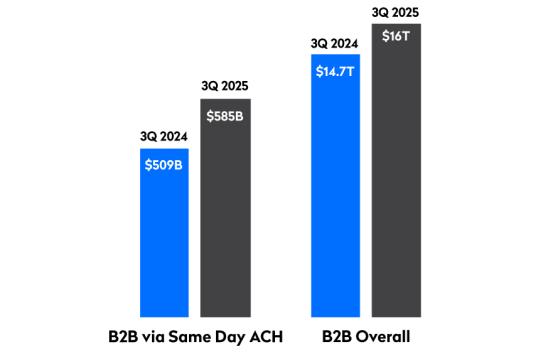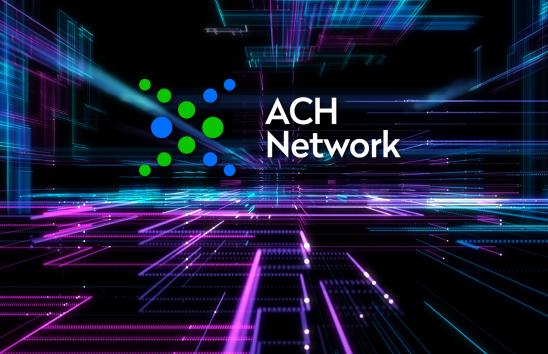Reminder: IRS and State Tax Refund Return Opt-In Programs Open 12 Months a Year

Although Tax Day was April 15, the IRS and State Tax Refund Return Opt-In Programs are available year-round to help financial institutions return tax refund credits in cases of suspected error or fraud. Participation is straightforward: Simply read and sign the agreement to begin immediately.
Nacha has provided additional information, including Participating States for the program, on our IRS Tax Refund Opt-In Program and State Tax Refund Opt-In Program webpages.
RDFIs wishing to participate can access each RDFI agreement via the appropriate program page, along with instructions for submission to Nacha.
It is important to note that these are separate programs and participation in one program does not facilitate participation in the other.
The Information You Will Need: Participating financial institutions do not need to wait for External Leads Program instructions if they have the full amount of the ACH transaction received from the tax agency (IRS or state) available for return. They can initiate the ACH return once the internal decision is made. Participating RDFIs must still comply with applicable funds availability rules and regulations. The Opt-In Program Rules apply only to the return of the questionable transaction to the tax agency.
Opt-In Program returns use Return Reason Code R17, along with three specific "subcodes" within the Addenda Information Field of an R17 to further specify the nature of the return. These additional reasons are:
- Name Mismatch.
- ID Theft.
- Questionable Refund.
Participating RDFIs are allowed to transmit these R17 return entries for up 60 days from the Settlement Date of the original PPD credit entry. Participating RDFIs are not required to check for name mismatch when posting; however, utilization of the subcodes provides better direction to the tax agency when researching the return.
External Leads Programs: The IRS RICS and State Financial External Leads Programs also exist, which complement the R17 Opt-In Programs. A lead is traditionally defined as personally identifiable information related to suspicious refunds, including taxpayer name or account. After researching the lead, the agency will work with the submitting financial institution to determine whether the associated funds should be returned.
These programs allow for agencies to receive direct communications about the questionable tax refunds, including those refunds sent by a third-party provider, or when less than the full original amount remains. These leads may involve refund checks, Direct Deposits/ACH, refund anticipation loans or checks and prepaid debit cards.
A lead is traditionally defined as personally identifiable information related to suspicious refunds, including taxpayer name or account. After researching the lead, the agency will work with the submitting financial institution to determine whether the associated funds should be returned.
Nacha has information about the external leads programs on the Tax Refund Opt-In Programs (IRS and state) program pages. They are also listed under Resources at the end of this post.
Proper Return Reason Code Usage
Alternative to participating in one of the Tax Refund Return Opt-In Programs, some financial institutions may be utilizing other Return Reason Codes to return questionable or potentially suspicious ACH credits to tax agencies, such as R03-No Account/Unable to Locate Account or R23-Credit Entry Refused by Receiver. When such ACH returns are received by a tax agency, the agency’s disbursement system may automatically issue and mail out a replacement check to the person/entity that filed the tax return. In cases where there are questions about the validity of the tax return or associated ACH credit, utilizing an R03 or R23 ACH return means that the item was never flagged for review and funds were ultimately disbursed, potentially to a fraudster. Whenever possible, financial institutions should avoid returning a questionable or potentially suspicious ACH credit back to a tax agency using the R03 and R23 Return Reason Codes.
Similarly, financial institutions should also remember that an ACH credit should only be returned as R06-Returned per ODFI’s Request at the explicit request of the ODFI (e.g. the U.S. Treasury or state tax agency’s ODFI). ODFIs requesting that an RDFI return an ACH credit related to a tax refund credit using the R06 Return Reason Code should also ensure that the tax agency (Originator) is aware of the request and its status.
When a financial institution has a questionable or potentially suspicious ACH credit from a tax agency, it should utilize the R17 Return Reason Code to return the funds through the opt-in program rules or file an external lead with the appropriate agency. See Resources below for additional information on each program tax refund opt-in program.







